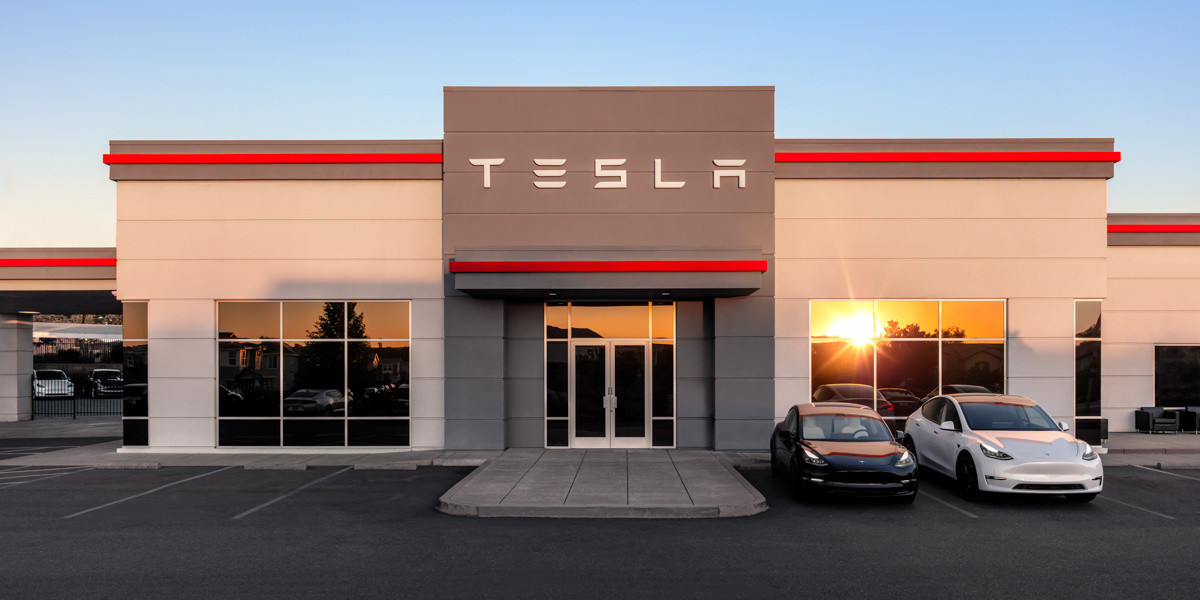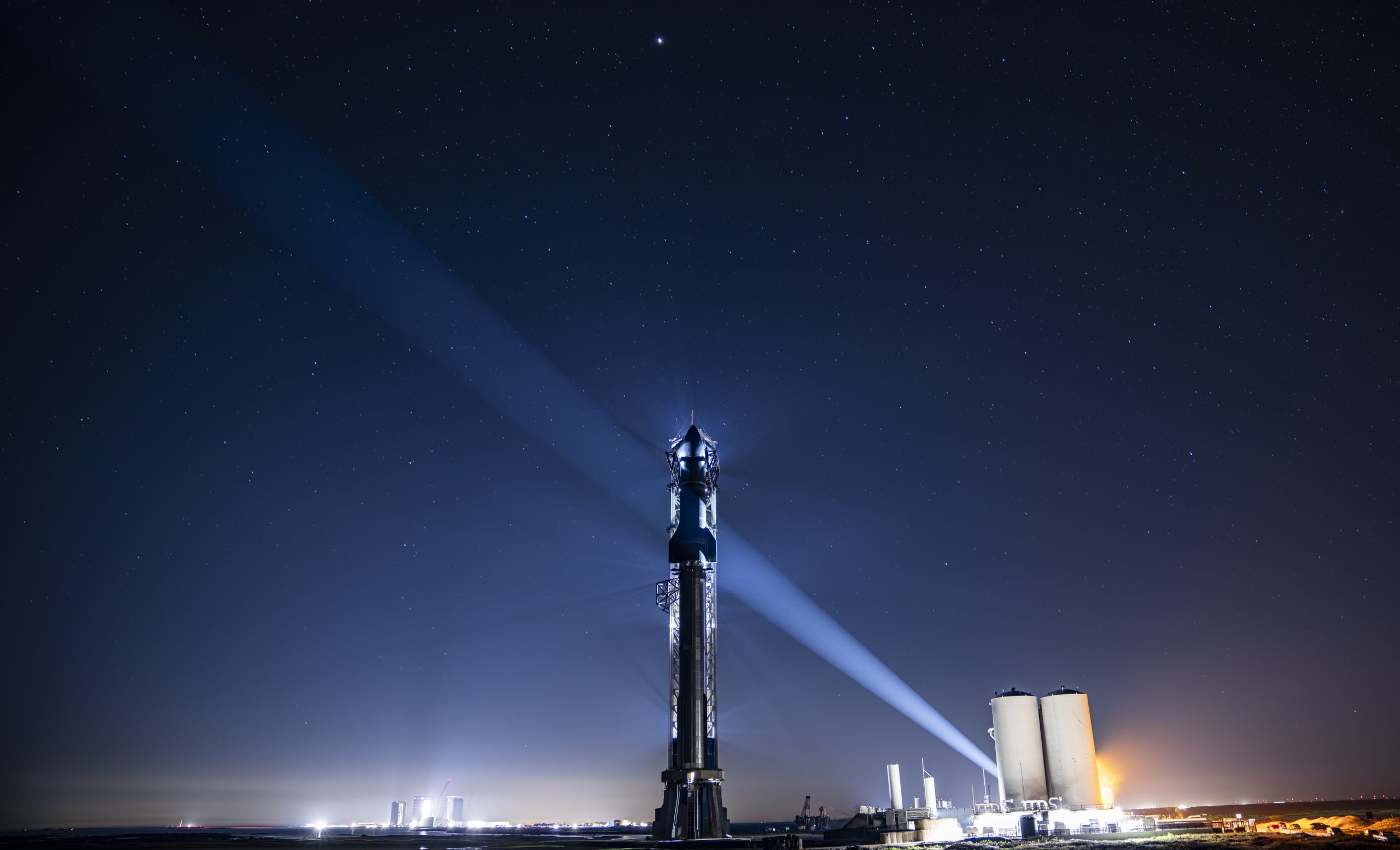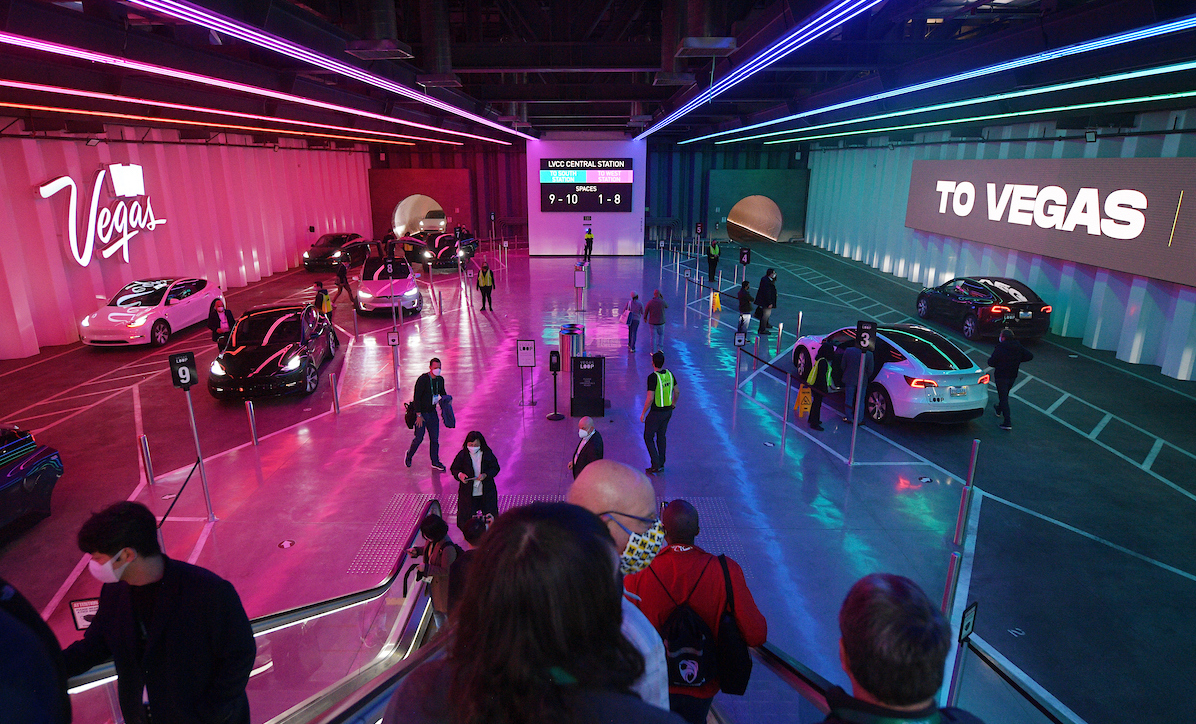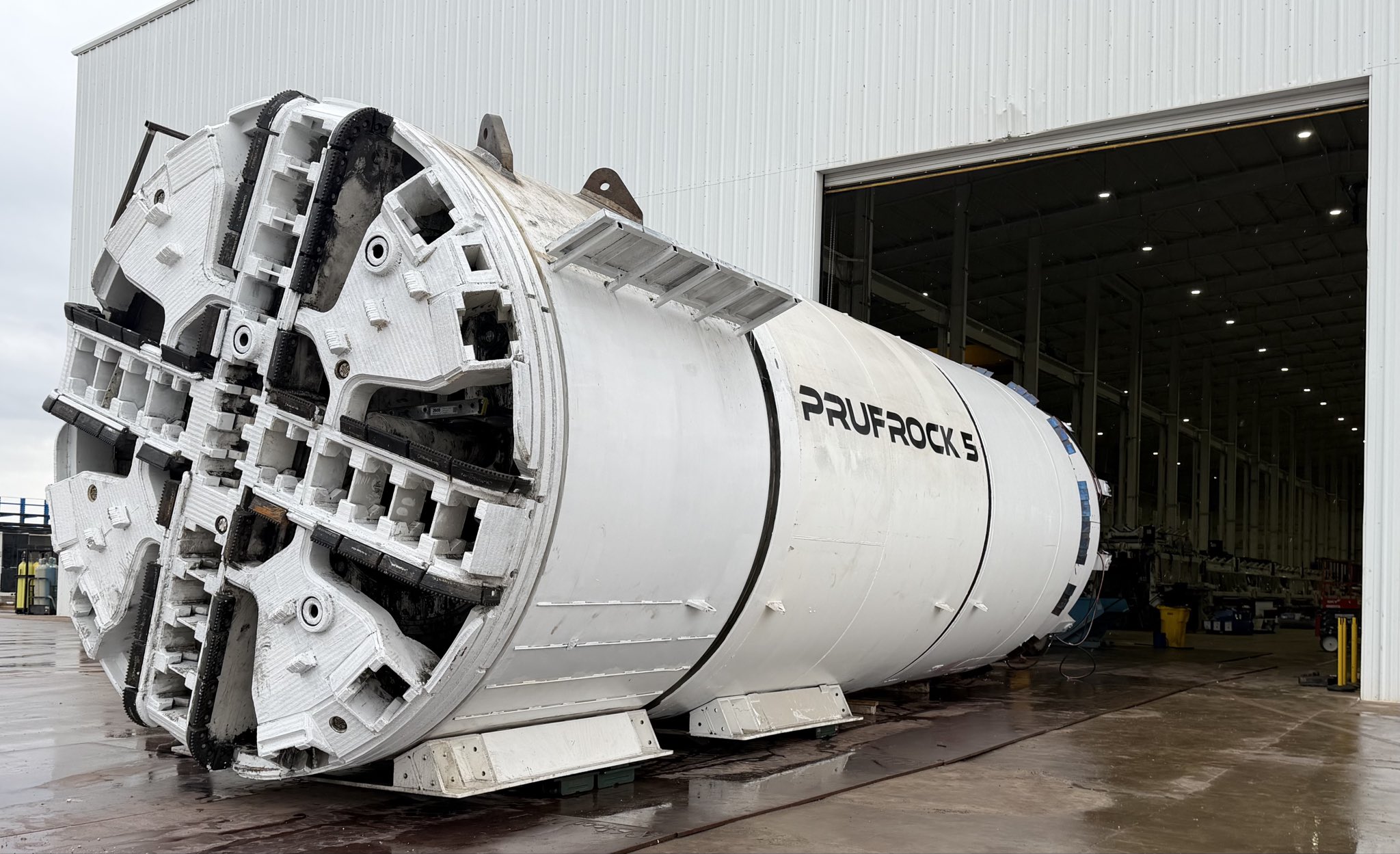Elon Musk
Tesla to appeal jury verdict that held it partially liable for fatal crash
Tesla will appeal the decision from the eight-person jury.

Tesla will appeal a recent jury verdict that held it partially liable for a fatal crash that occurred in Key Largo, Florida, in 2019.
An eight-person jury ruled that Tesla’s driver assistance technology was at least partially to blame for a crash when a vehicle driven by George McGee went off the road and hit a couple, killing a 22-year-old and injuring the other.
The jury found that Tesla’s tech was found to enable McGee to take his eyes off the road, despite the company warning drivers and vehicle operators that its systems are not a replacement for a human driver.
The company states on its website and Owner’s Manual that Autopilot and Full Self-Driving are not fully autonomous, and that drivers must be ready to take over in case of an emergency. Its website says:
“Autopilot is a driver assistance system that is intended to be used only with a fully attentive driver. It does not turn a Tesla into a fully autonomous vehicle.
Before enabling Autopilot, you must agree to ‘keep your hands on the steering wheel at all times’ and to always ‘maintain control and responsibility for your vehicle.’ Once engaged, Autopilot will also deliver an escalating series of visual and audio warnings, reminding you to place your hands on the wheel if insufficient torque is applied or your vehicle otherwise detects you may not be attentive enough to the road ahead. If you repeatedly ignore these warnings, you will be locked out from using Autopilot during that trip.
You can override any of Autopilot’s features at any time by steering or applying the accelerator at any time.”
Despite this, and the fact that McGee admitted to “fishing for his phone” after it fell, Tesla was ordered to pay hundreds of millions in damages.
Tesla attorney Joel Smith said in court (via Washington Post):
“He said he was fishing for his phone. It’s a fact. That happens in any car. That isolates the cause. The cause is he dropped his cell phone.”
In total, Tesla is responsible for $324 million in payouts: $200 million in punitive damages, $35 million to the deceased’s mother, $24 million to their father, and $70 million to their boyfriend, who was also struck but was injured and not killed.
The family of the deceased, Naibel Benavides Leon, also sued the driver and reached a settlement out of court. The family opened the federal suit against Tesla in 2024, alleging that Tesla was to blame because it operated its technology on a road “it was not designed for,” the report states.
Despite the disclosures and warnings Tesla lists in numerous places to its drivers and users of both Autopilot and Full Self-Driving, as well as all of its active safety features, the operator remains responsible for paying attention.
CEO Elon Musk confirmed it would appeal the jury’s decision:
We will
— Elon Musk (@elonmusk) August 1, 2025
The driver being distracted is a big part of this case that seemed to be forgotten as the jury came to its decision. Tesla’s disclosures and warnings, as well as McGee’s admission of being distracted, seem to be enough to take any responsibility off the company.
The appeal process will potentially shed more light on this, especially as this will be a main point of emphasis for Tesla’s defense team.

Elon Musk
Elon Musk’s Starbase, TX included in $84.6 million coastal funding round
The funds mark another step in the state’s ongoing beach restoration and resilience efforts along the Gulf Coast.

Elon Musk’s Starbase, Texas has been included in an $84.6 million coastal funding round announced by the Texas General Land Office (GLO). The funds mark another step in the state’s ongoing beach restoration and resilience efforts along the Gulf Coast.
Texas Land Commissioner Dawn Buckingham confirmed that 14 coastal counties will receive funding through the Coastal Management Program (CMP) Grant Cycle 31 and Coastal Erosion Planning and Response Act (CEPRA) program Cycle 14. Among the Brownsville-area recipients listed was the City of Starbase, which is home to SpaceX’s Starship factory.
“As someone who spent more than a decade living on the Texas coast, ensuring our communities, wildlife, and their habitats are safe and thriving is of utmost importance. I am honored to bring this much-needed funding to our coastal communities for these beneficial projects,” Commissioner Buckingham said in a press release.
“By dedicating this crucial assistance to these impactful projects, the GLO is ensuring our Texas coast will continue to thrive and remain resilient for generations to come.”
The official Starbase account acknowledged the support in a post on X, writing: “Coastal resilience takes teamwork. We appreciate @TXGLO and Commissioner Dawn Buckingham for their continued support of beach restoration projects in Starbase.”
The funding will support a range of coastal initiatives, including beach nourishment, dune restoration, shoreline stabilization, habitat restoration, and water quality improvements.
CMP projects are backed by funding from the National Oceanic and Atmospheric Administration and the Gulf of Mexico Energy Security Act, alongside local partner matches. CEPRA projects focus specifically on reducing coastal erosion and are funded through allocations from the Texas Legislature, the Texas Hotel Occupancy Tax, and GOMESA.
Checks were presented in Corpus Christi and Brownsville to counties, municipalities, universities, and conservation groups. In addition to Starbase, Brownsville-area recipients included Cameron County, the City of South Padre Island, Willacy County, and the Willacy County Navigation District.
Elon Musk
The Boring Company wins key approval for Nashville Music City Loop
The approval allows The Boring Company to use state-owned right-of-way along Tennessee’s highway system.

Tennessee Gov. Bill Lee announced that the Tennessee Department of Transportation (TDOT) and the Federal Highway Administration (FHWA) have jointly approved The Boring Company’s lease application and enhanced grading permit for the Music City Loop.
The approval allows The Boring Company to use state-owned right-of-way along Tennessee’s highway system, clearing a key hurdle for the privately funded tunnel project that aims to connect downtown Nashville to Nashville International Airport in approximately eight minutes, the Office of the TN Governor wrote in a press release.
“Tennessee continues to lead the nation in finding innovative solutions to accommodate growth, and in partnership with The Boring Company, we are exploring possibilities we couldn’t achieve on our own,” Gov. Lee said in a statement.
“The Boring Company is grateful for the leadership and hard work of federal, state, and local agencies in bringing this project to a shovel-ready point,” The Boring Company President Steve Davis said. “Music City Loop will be a safe, fast, and fun public transportation system, and we are excited to build it in Nashville.”
With lease and permitting approvals secured, The Boring Company will move forward with the Loop system’s construction immediately. The first segment of the Loop system is expected to be operational by the end of the year.
The Music City Loop will run beneath state-owned roadways and is designed to connect downtown Nashville to the airport, as well as lower Broadway to West End. The project will be 100% privately funded.
“The Music City Loop shows what’s possible when we leverage private-sector innovation and American ingenuity to solve transportation challenges,” said U.S. Transportation Secretary Sean Duffy. “TDOT’s lease approval will help advance this ambitious project as we work to reduce congestion and make travel more seamless for the American people.”
The Boring Company described the Loop as an all-electric, zero-emissions, high-speed underground transportation system that will meet or exceed safety standards. The Vegas Loop, for one, earned a 99.57% safety and security rating from the DHS and the TSA, the highest score ever awarded to any transportation system.
Elon Musk
Elon Musk’s The Boring Company closes Tunnel Vision Challenge
The Tunnel Vision Challenge invited individuals, companies, and governments to propose a tunnel project up to one mile long.

Elon Musk’s The Boring Company has officially closed submissions for its Tunnel Vision Challenge, confirming that a total of 487 entries were received before the deadline.
In a post on X, the company wrote, “Tunnel Vision Challenge is closed! 487 entries received – TBC team is excited to go through them all!” The company added that “We will select the top ~15 in the next week, and reach out with follow-up questions,” and that an “overall winner will be announced on March 23.”
The Tunnel Vision Challenge invited individuals, companies, and governments to propose a tunnel project up to one mile long with a 12-foot inner diameter. The winning entry will have its tunnel constructed free of charge.
Submissions could range from Loop passenger tunnels to freight, pedestrian, utility, or water tunnels. The only requirement was that the project clearly demonstrate how tunneling would meaningfully improve transportation or infrastructure between two points.
Just days before the deadline, the company provided an interim update noting that 407 entries had already been received. “Update on the Tunnel Vision Challenge – 1 mile of free tunnel! With 3 days left to submit, 407 entries have been received. Great to see enthusiasm for tunnels!” The Boring Company wrote at the time on X. By the close of submissions, the total had grown closer to 500 entries, hinting at strong interest in underground transportation solutions.
Entries are being evaluated on usefulness, stakeholder engagement, and technical, economic, and regulatory feasibility. Applicants were required to quantify projected benefits, such as time saved per rider or cost savings per shipment, and provide maps showing proposed alignments and other details. Submissions that included geotechnical or subsurface data are expected to receive additional consideration.
The Boring Company will fund the tunnel’s construction itself, though related infrastructure costs may be discussed with the winning team. The company also retains discretion to modify or cancel the challenge.








